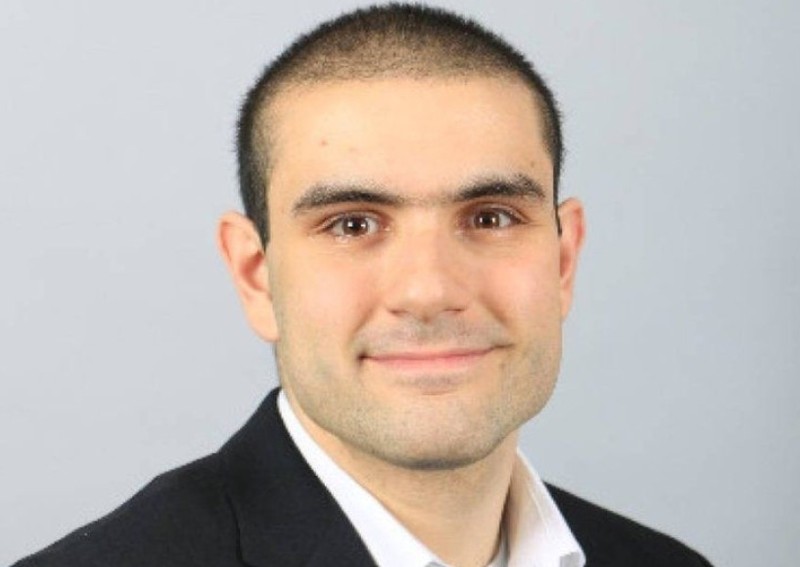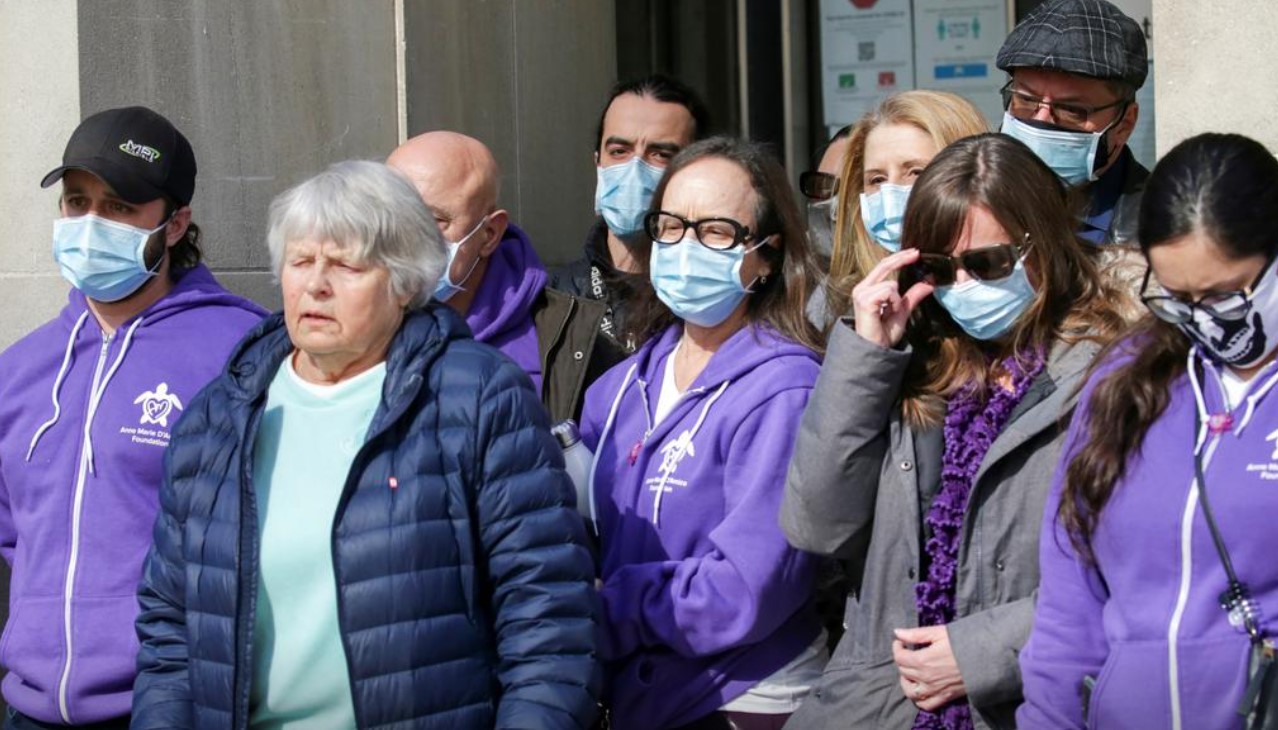Man found guilty of murder in 2018 Toronto van attack, life in prison likely


TORONTO - A man who plowed a rented van into dozens of people in Toronto in 2018 is guilty of murdering 10 people and attempting to murder 16, a judge ruled on Wednesday (March 3), dismissing a defense argument that a mental disorder left the driver unaware of how horrific his actions were.
Alek Minassian, 28, told police he was motivated by a desire to punish society for his perceived status as an “incel” - short for involuntary celibate - because he believed women would not have sex with him. Minassian had pleaded that he was not criminally responsible.
The defense failed to prove Minassian’s autism spectrum disorder deprived him of the capacity to know his actions were wrong, Judge Anne Molloy said in a verdict, live-streamed on YouTube following a trial held virtually due to the pandemic.
Molloy referred to Minassian as “John Doe” to try to deny him the notoriety he said he desired.
“Mr. Doe thought about committing these crimes over a considerable period of time and made a considered decision to proceed.
His attack on these 26 victims that day was an act of a reasoning mind notwithstanding its horrific nature and not withstanding that he has no remorse for it, and no empathy for his victims.”
“This case has in many ways and on many days been a struggle,” Molloy said. “This accused committed a horrific crime – one of the most devastating tragedies this city has ever endured – for the purpose of achieving fame.”
Minassian’s lawyer argued his autism spectrum disorder prevented him from knowing what he was doing was wrong when he drove the van into pedestrians on a crowded sidewalk.
The attack took place in April 2018 when Minassian drove a rented van down a busy sidewalk on a major street just north of Toronto, hitting one person after another. Those killed ranged in age from 22 to 94.

A sentencing hearing will be scheduled and Minassian is likely to automatically get a life sentence, according to criminal lawyers following the case. A sentencing hearing will also allow for victim impact statements.


Minassian’s lawyer Boris Bytensky said he had not yet had a chance to read the entire ruling but he had “tremendous respect” for Molloy even if the verdict was “disappointing.”
He would not say whether Minassian would appeal. “Whether he chooses to appeal or not to appeal is his decision.”
Molloy read the names of the people Minassian killed and injured, listing their injuries: from fractured bones to bleeding brains.
“He had a functioning, rational brain, one that perceived the reality of what he was doing.... He chose to commit the crimes anyway. Because it was what he really wanted to do.”
The outcome was unsurprising given the evidence presented at trial, said Toronto criminal lawyer Daniel Brown.
“It’s not to say that others couldn’t avail themselves of a ‘not criminally responsible’ defence but in Mr. Minassian’s situation, he simply couldn’t.”
First-degree murder carries a life sentence without parole eligibility for 25 years. The question, Brown said, is whether the prosecution will seek to “stack” parole ineligibilities, for example so that 10 first-degree murder convictions render Minassian ineligible for parole for 250 years.